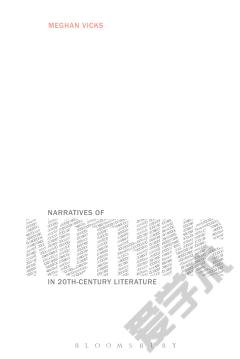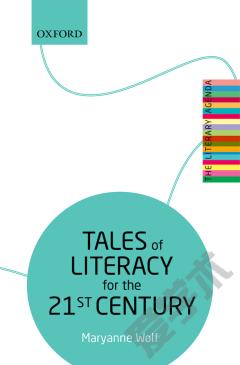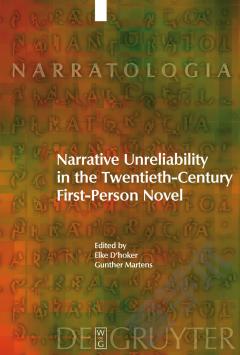Narratives of Nothing in 20th-Century Literature
The concept of nothing was an enduring concern of the 20th century. As Martin Heidegger and Jean-Paul Sartre each positioned nothing as inseparable from the human condition and essential to the creation or operation of human existence, as Jacques Derrida demonstrated how all structures are built upon a nothing within the structure, and as mathematicians argued that zero – the number that is also not a number – allows for the creation of our modern mathematical system, Narratives of Nothing in 20th-Century Literature suggests that nothing itself enables the act of narration. Focusing on the literary works of Vladimir Nabokov, Samuel Beckett, and Victor Pelevin, Meghan Vicks traces how and why these writers give narrative form to nothing, demonstrating that nothing is essential to the creation of narrative – that is, how our perceptions are conditioned, how we make meaning (or madness) out of the stuff of our existence, how we craft our knowable selves, and how we exist in language.
{{comment.content}}








 京公网安备 11010802027623号
京公网安备 11010802027623号